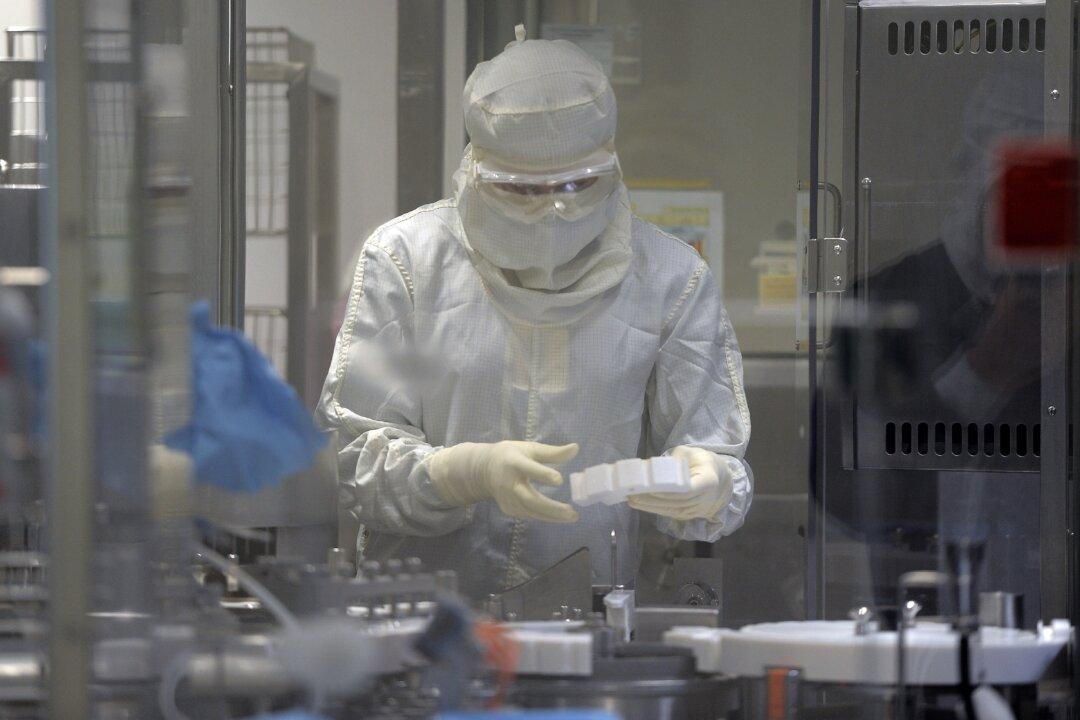The U.S. House of Representatives passed legislation on March 31 that will limit the monthly cost of insulin to $35, a move that is claimed to be for the benefit of millions of Americans who depend on the drug.
HR 6833 or the Affordable Insulin Now Act was sponsored by Rep. Angie Craig (D-Minn.). It was passed by the House largely along party lines by a vote of 232–193, with only a few Republicans supporting it.





